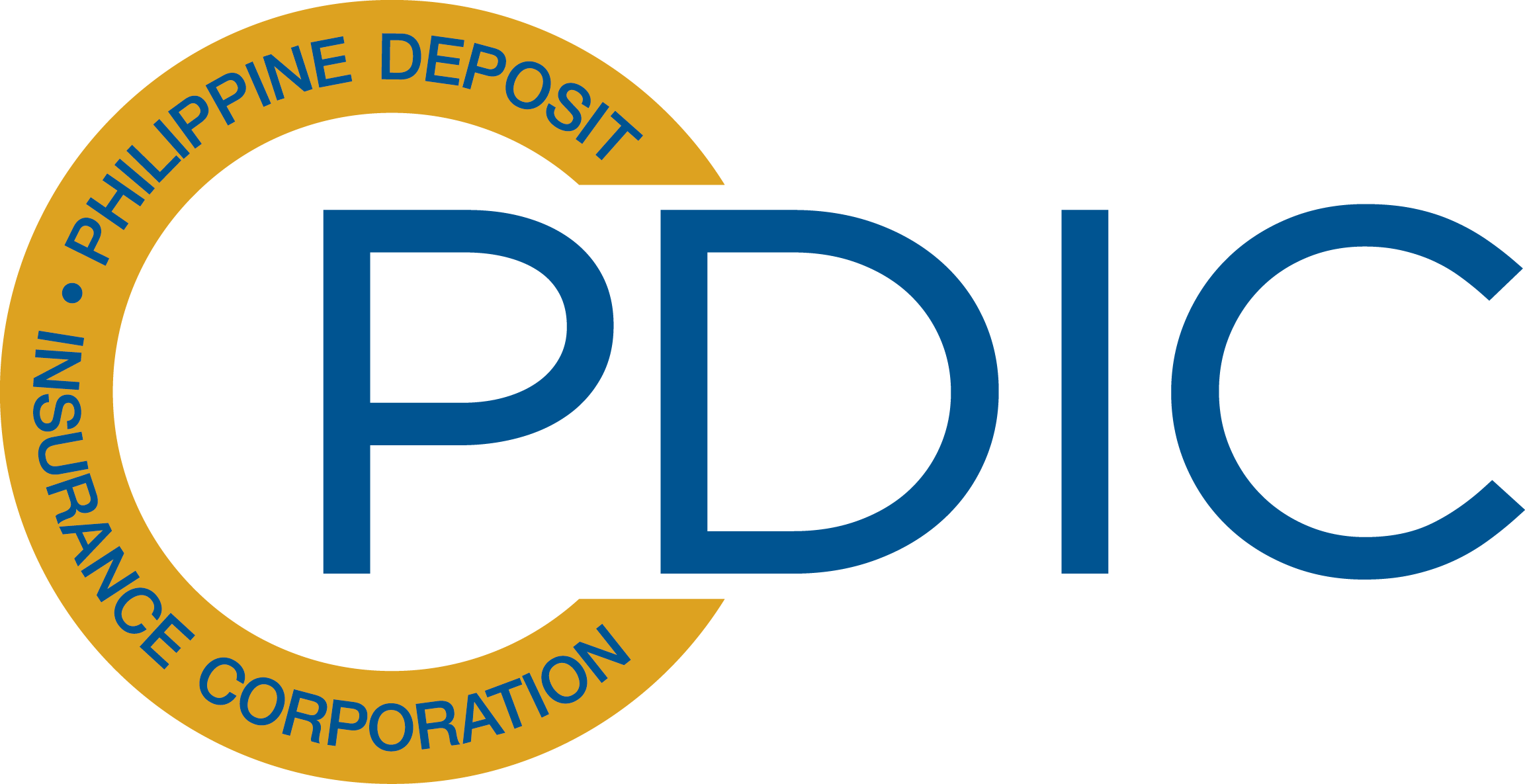| ARCHIVE |
The long-term Greek problem* |
THE Greek problem continues to keep the world financial community in suspense as the Parliament votes this week on an austerity package. This package is a requirement for Greece to secure more loans from the stronger European Union (EU) countries, the European Central Bank and the International Monetary Fund (IMF). Without the additional loans, Greece will not be able to service its maturing obligations, and the country will be in default on its sovereign obligations. Meanwhile, the Greek population has suffered from negative economic growth and high unemployment over the past one-and-a-half years, and a big part of the population believes that the austerity package that is being voted upon can only make things even worse. The implications of a Greek default WHILE Greece is a relatively small economy in the EU, a default would have serious implications to the EU as an integrating economy and the euro as a common currency. There would even be implications on the rest of the global economy, particularly on how to deal with the EU as a trading and financial partner. The basic foundations of the euro as a currency would be seriously challenged because a defaulting country cannot allow its currency to depreciate to adjust to a severe lack of capital and investments inflow into the country. By the same token, it cannot use the currency-adjustment tool to pursue a trade-led growth out of its deep recession. By way of comparison, we can recall the devaluation of the Thai baht in July 1997 which triggered the Asian crisis. Thailand has long since recovered from that crisis and attained investment-grade status. The Greek case, however, is bringing the EU and the euro into unchartered territory because the situation was not even contemplated when the Union was established. Among others, membership in the Union and having a common currency was premised on the economies and the fiscal management of member-countries operating under a set of parameters. The Greek economy has substantially deviated from these parameters. Fiscal deficits and belt tightening THE rationale thing for the Greek body politic to do is to approve and accept the austerity package to avoid a default because the consequences of a default can only be worse than the austerity package. It is payback time for the Greek economy for the prosperity and the social benefits it has enjoyed in the past through deficit spending. Unfortunately, the belt tightening and the pain to be endured due to the austerity measures required will be strongly resisted and resented by the population. Foreign exchange-rate adjustment is not an option SINCE Greece uses the euro as its currency, the exchange-rate adjustment is not one of its policy options to address its economic crisis. This probably means the austerity measures will have to last longer and will be more severe because of this. We have earlier mentioned how Thailand has been able to bounce within a few years from its crisis that triggered the Asian crisis of 1997. It would be interesting to note that in that crisis, Hong Kong defended its pegged currency by using its ample supply of foreign-currency reserves. Then speculators started to go short on its listed stocks as a proxy for the currency. This attack was addressed by the Hong Kong authorities through regulatory measures against shorting listed stocks. The Hong Kong experience gives us an insight into how the Greek crisis may play out. The deflation of other assets and the cut of labor costs and social benefits may have to run deeper and longer to make up for absence of the exchange-rate adjustment mechanism as a policy option. In other words, the austerity measures will be very severe. Will the Greek people take it or will they be willing to break away from the euro system and face new risks? The EU, the International Monetary Fund and the world’s leaders are all very concerned and with good reason. Sociopolitical implications have to be weaved in into the decision-making process, and we are seeing some moves to compromise from the lending countries and institutions. The developments in Greece over the next few weeks will be very interesting, indeed. __________________________ |
back |
This website uses information-gathering tools including cookies and other similar technology. Data generated are not shared with any other party. For more information, please refer to our privacy policy.
 PDIC is a government instrumentality created in 1963
PDIC is a government instrumentality created in 1963by virtue of Republic Act 3591, as amended, to insure
the deposits of all banks. PDIC exists to protect
depositors by providing deposit insurance coverage for the depositing public and help promote financial stability. PDIC is an attached agency of the Bangko Sentral ng Pilipinas.

Questions? Need Help?
Click Frequently Asked Questions
Trunkline.: (632) 8841-4000
Hotline: (632) 8841-4141
(for Metro Manila clients)
Fax No.: (632) 8841-4085
Email: pad@pdic.gov.ph
Client outside Metro Manila may call
Toll Free: 1-800-1-888-7342 or
1-800-1-888-PDIC

.png?Monday; April 29, 2024)

Hotline: (632) 8841-4141
(for Metro Manila clients)
Fax No.: (632) 8841-4085
Email: pad@pdic.gov.ph
Client outside Metro Manila may call
Toll Free: 1-800-1-888-7342 or
1-800-1-888-PDIC

.jpeg)
.png)


